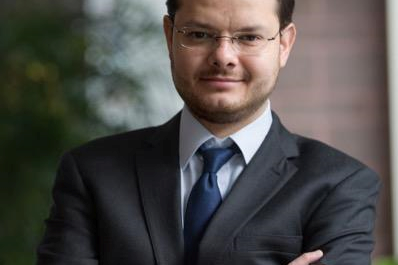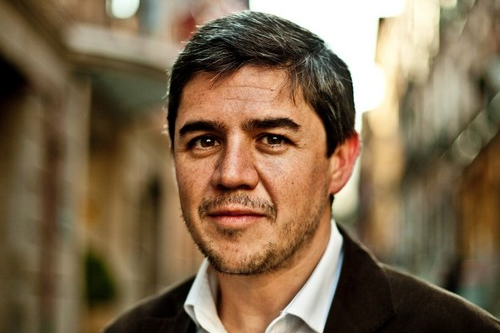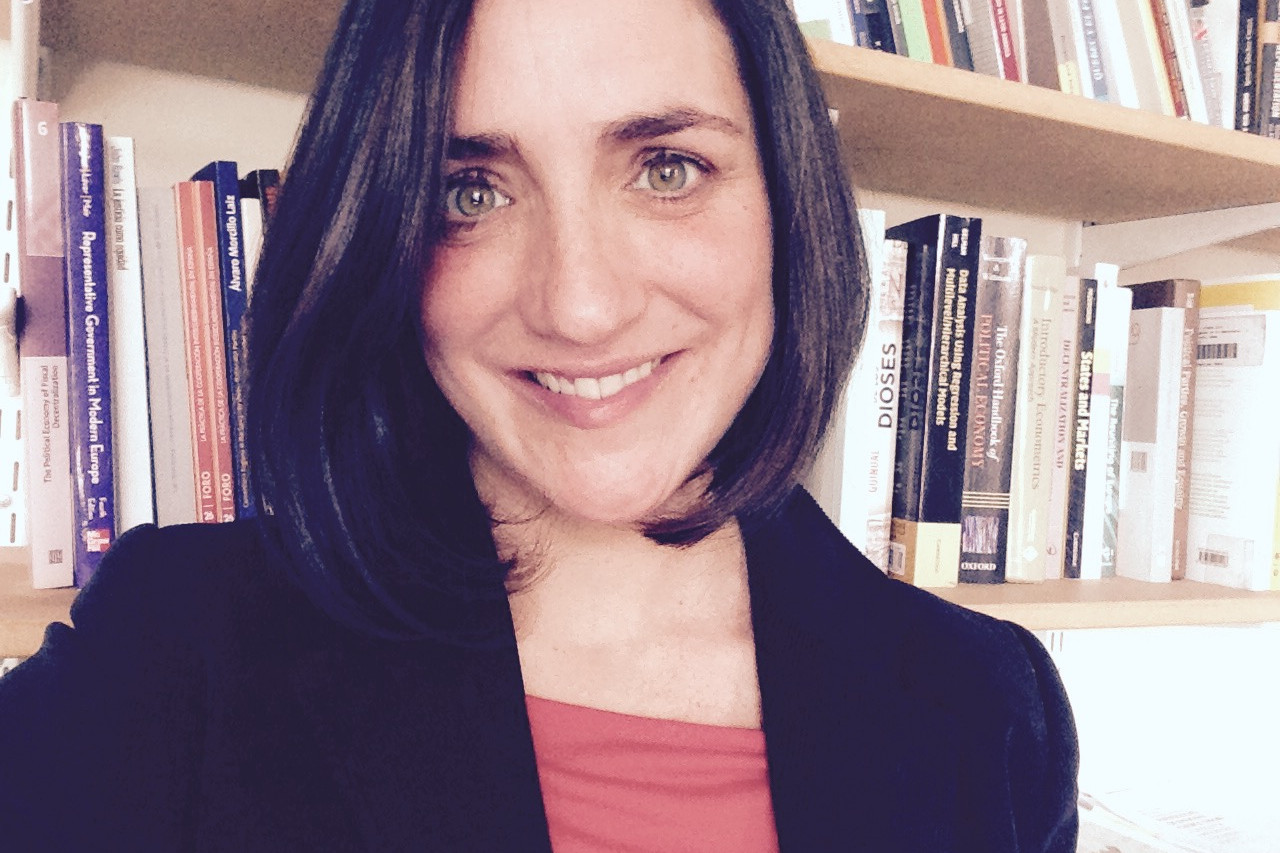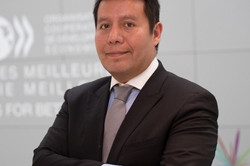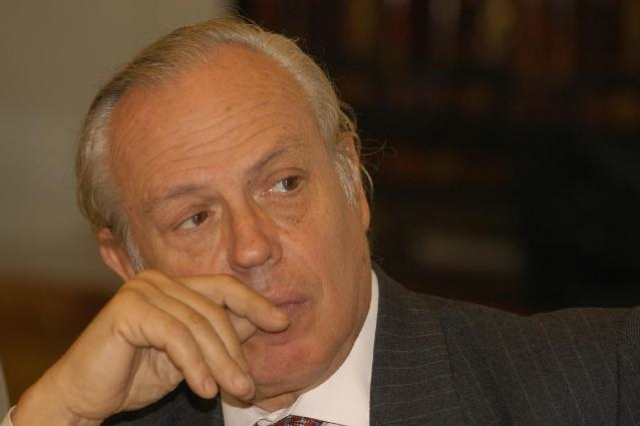
As in Latin America in the last three decades of the twentieth century, the implementation of neoliberal policies in southern Europe is producing an unprecedented acceleration of inequalities in their territories. The text proposes illustrate the scenario of inequalities in the Spanish State, and to investigate its causes and consequences, beyond the economy.
With the "crisis" as a pretext, programmes that the Troika has imposed on the European periphery since 2008 favours the concentration of wealth in the upper echelons and the dispossession of the lowest, creating a structure of deepening inequalities. A gap that is growing with the market's advance and retreat of the state in essential matters.
Inequality in data
Inequality became a feature that illustrates and defines currently companies in southern Europe in general and the Spanish State in particular. Indicators that can illustrate in the first instance the evolution of inequalities in the Spanish State before and after the "crisis" is the Gini index and Arope indicator.
The 80/20 ratio increased from 5.3 in 2007 to 7.5 percent in 2012, representing an increase of over 40% during that five-year period. In the European context, since 2011 the Spanish State takes the podium of the EU in the 80/20 ratio, and since 2012 is the country with the greatest social inequality and for the first time has the greatest distance between high and low income (Eurostat, 2012).
We can add indicators on the most vulnerable population groups such as children and adolescents to this description. While every three minutes a child falls into the risk of poverty in Spanish territory (The Huffington Post, 2013), the child poverty rate exceeds 27%, 32.6% of children are at risk of poverty or social exclusion, 8.3% live in households with severe material deprivation and 18.7% in households experiencing chronic poverty (UNICEF, 2014).
Poverty and material deprivation are directly related to income. The analysis of unemployment since 2007 sheds light on this framework.
The Spanish State also takes the lead in wage inequality, especially among young people. In 2013, a study by the Institute of Youth said that young people need to earn 80% more to become emancipated and access homeownership. It also pointed out that since 2008, there is a progressive delay the emancipation of young people for economic reasons, and that over half of young people working in jobs that require lower qualifications than they have (INJUVE, 2013).
While the labour market expels youth and adults, the ranks of a "reserve army" are swelled that allows those that can work do be hired on precarious terms. At the same time, the absence of the state increases the helplessness of two groups: the unemployed are more limited in their right to unemployment benefit, and employees are hired on more precarious terms, thanks to labour reform imposed by the paradigm of "flexibility".
Comparing the above analysis, since the beginning of the "crisis" the percentage of Spanish households affected simultaneously by problems of material deprivation and monetary poverty grew 50% (FOESSA, 2014).
Moreover, the four editions of the Financial Survey of Families (EFF) from the Bank of Spain show that, in a decade of wealth, inequality grew 60% in the country. According to the latest EFF, the ratio of the average capital for the richest tenth and the poorest quartile reached 87 in 2011 (Collective IOE, 2015).
Another way to approach the measurement of inequality is through the distribution of gross domestic product (GDP) between employees and entrepreneurs. In 2000 Wage income touched 50% and business owners 40% (El País, 2013); and in the period 1995-2010 the ratio was 48.8% and 41.7% of GDP (Colectivo IOE, 2012). In 2013, the surplus of companies (46.1%) exceeded wage income (44.2%) for the first time.
Following the trail of inequalities on one hand, increases the consumption of luxury goods: in 2014 sales of luxury cars in the country grew 29.3% over the previous year (El País, 2015). In parallel, 30% of households have difficulties making ends meet and more than 40% in handling unforeseen expenses. In addition, between 2009 and 2014 the financial difficulties of families increased from 15 to 25% (FOESSA, 2014).
Two pillars of neoliberalism, the absence of the state and minimizing public social investment, accentuate these inequalities, favouring exclusion, at risk or becoming vulnerable in broad social sectors.



